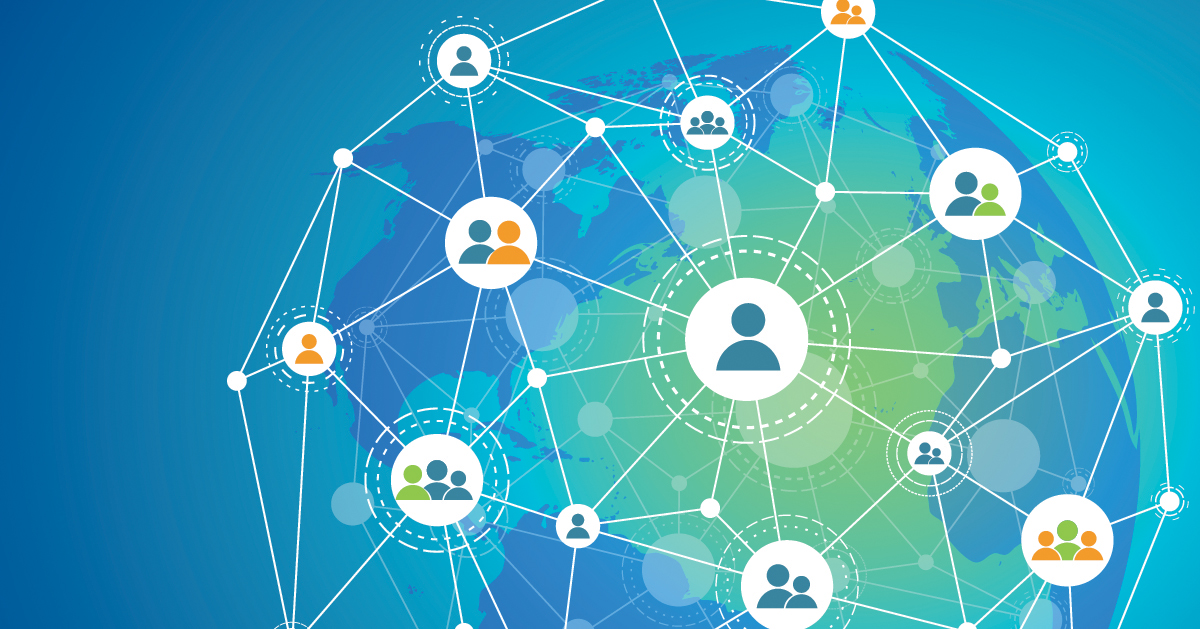About Us
We believe that people of all ages need connections that matter.
We have been experts in the field of loneliness and connection since 2011. Our vision is that everyone can live a life free from chronic loneliness.
What we want to change
Chronic loneliness affects people of all ages and backgrounds and touches the lives of millions. It causes real emotional pain and can impact our physical and mental health. It also has an economic cost in the additional health and care services that are needed by people who are lonely, and the missed contributions that people who are unable to connect could make in their communities.
We work to ensure that:
- People most at risk of loneliness are reached and supported
- Services and activities are more effective at addressing loneliness
- A wider range of loneliness services and activities are developed
What we do
Our work always puts loneliness first. This exclusive focus allows us to maintain a depth of understanding on loneliness and how it relates to other issues.
Build the evidence
- We develop new evidence and synthesise existing evidence to create practical resources that answer key questions on loneliness.
- We engage academics and specialists from across the world through our Research and Policy Hub. With these academic partners, we make new research as relevant and practical as possible for organisations that directly support people experiencing loneliness.
Convene and support the loneliness community
- Through our work on Promising Approaches and links with organisations across the world, we bring together a community of people working on the issue of loneliness.
- In England, we support this community to share their expertise, knowledge and experience through the Tackling Loneliness Hub.
- We encourage international knowledge sharing and support national strategies to promote connection as a member organisation of the Global Initiative on Loneliness and Connection.
Make the case for action
- We provide a strong voice on the need to tackle chronic loneliness through our media work and we provide organisations with the latest research, information and opportunities to connect as part of our training on loneliness.
- Between 2017 and 2020, we developed test and learn areas across all four regions and nations in the UK. This helped to form government policy on loneliness in England, Scotland and Wales, and developed a strong cross-party consensus for tackling loneliness in Northern Ireland.
- We work with the British Red Cross to help run the APPG on Tackling Loneliness and Connected Communities which helps drive forward cross-party work among parliamentarians to influence legislation and policy making in order to reduce loneliness.
- Between 2017 and 2018, we developed a public campaign to highlight and celebrate the importance of connection in our lives. This campaign was launched with The Loneliness Project video and expanded through our Be More Us videos.
- We continue to highlight the importance of everyday connections and tackle the stigma of loneliness through our ideas and advice for people experiencing loneliness, and our latest podcast Conversations to Connect.
Our governance
Sheffield Hallam University hosts the Campaign to End Loneliness and has legal responsibility of the Campaign from 1st May 2024. The directors of the Campaign are Professor Andrea Wigfield and Associate Professor Antonia Ypsilanti. The Campaign is supported by in-kind contributions from Sheffield Hallam University as well as, funds from various national and international funding bodies. If you would like to know more about our projects or would like to discuss funding collaborations, please email us at info@campaigntoendloneliness.org
Disclaimer:
The Campaign to End Loneliness is a resource and advocacy organisation dedicated to raising awareness about the impact of loneliness and promoting initiatives to reduce social isolation. However, we do not provide psychological or mental health services.
If you or someone you know is experiencing severe emotional distress, loneliness, or mental health challenges, we strongly encourage you to seek support from your GP, or a health care provider. If this is an emergency and you need immediate support, please contact Samaritans on 116 123 – they are open 24 hours a day, every day.
The information and resources we provide are intended for educational and informational purposes only and should not be considered a substitute for professional medical or psychological advice, diagnosis, or treatment.





